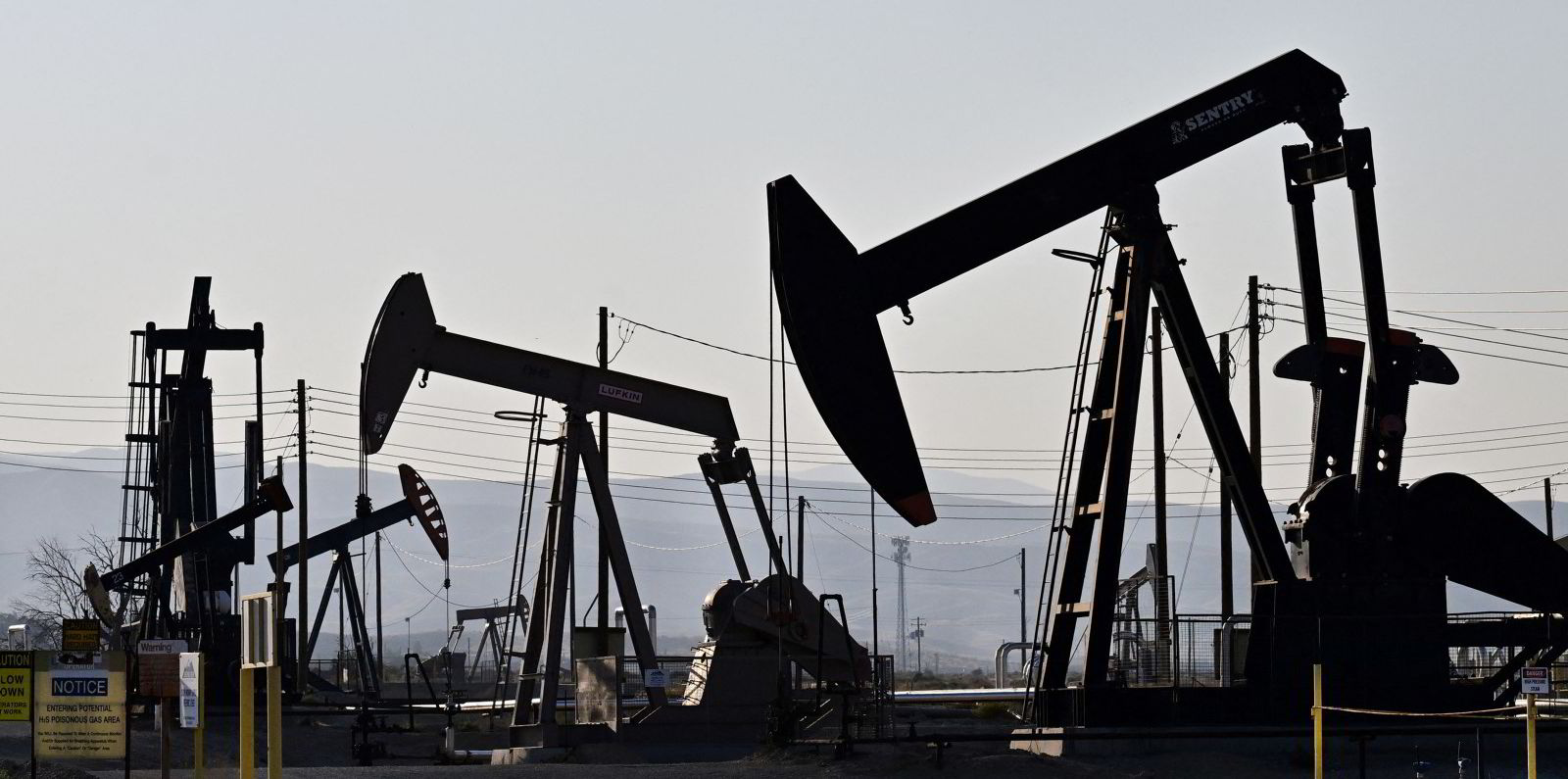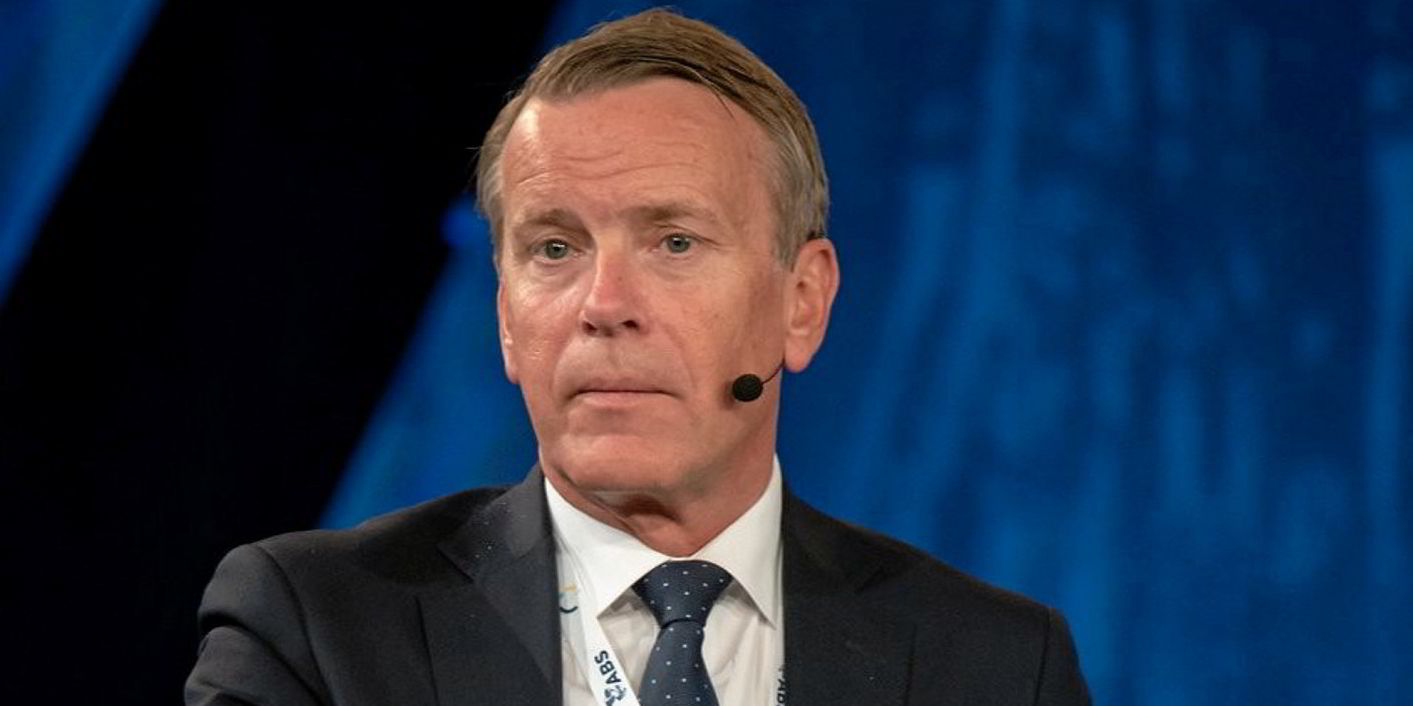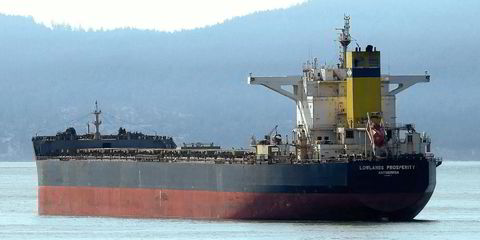The impact of new Opec+ production cuts will be muted for the tanker sector, with alternative producers shipping barrels longer distances to keep prospects positive, according to analysts.
Opec+ producers on Thursday announced voluntary cuts of an additional 2.2m barrels per day (bpd) in 2024, with Saudi Arabia leading the way with a continuing 1m bpd cut.
Saudi Arabia first announced the cut in July, which will now continue until at least the end of March. Russia also confirmed its 300,000 bpd crude reduction cut over the same period. Further smaller voluntary cuts were announced by Iraq, the United Arab Emirates, Kuwait, Kazakhstan, Algeria and Oman.
“Afterwards, in order to support market stability, these voluntary cuts will be returned gradually subject to market conditions,” the producer group said.
The announcement was less punchy than some analysts had expected, owing to the voluntary and short-term nature of the cut. Oil prices declined on the news: Brent crude stood at just over $80 per barrel early on Friday.
Shares in listed tanker companies were largely trading higher on the news. Frontline, which reported softer third-quarter figures on Thursday, was one of the few losers, with shares down by more than 6%.
The reduction amounted to just 884,000 barrels beyond the Saudi and Russian cuts, said Fearnley Securities, but it expects “lofty” predictions for tanker rates in the first half of 2024 to decline.
It said the cut would be a short-term negative for freight but in the longer term would be replaced by barrels from areas where tonne-miles would increase.
The growth in crude exports next year will probably be driven by the US, Guyana and Brazil — which in a surprise move announced it would be joining Opec+ from January — while refinery capacity is likely to increase in Asia, contributing to the growth of more profitable routes.
Fearnley remains positive for the tanker market story, “barring any total global meltdown”.
Clarksons had estimated that a continuation of the Saudi cut through 2024 and further reductions by other Opec+ members would lower VLCC spot estimates from $84,000 next year to $70,000.
Opec+ countries pump more than 40% of the world’s oil. Saudi Arabian exports alone provide nearly one-third of all volumes carried by VLCCs.
Saudi Arabia had championed the move to cut production further to bolster the oil price in the face of a flagging global economy.
But an Opec+ meeting expected earlier this week was delayed amid signs of a dispute between members over deepening cuts.
Rystad Energy described the announcement as a “bittersweet victory” for Saudi Arabia.
“The inability to secure a group-wide decision on production cuts does not bode well for the group’s unity and cohesion and limits the group’s ability to balance the market,” said senior vice president Jorge Leon.
He said the cuts are short-term for now, covering the first quarter of 2024, and the “group failed to agree to a strategy unanimously and had to rely on voluntary unilateral cuts instead”.
The new measures are on top of the extended oil output cuts of 3.66m bpd agreed by Opec+ in June until the end of next year.
Read more
- Bimco predicts two years of solid profits for tankers
- Green for go: Clarksons forecasts ‘another positive year’ for tankers in 2025
- Winter tanker upside could be weakened by incoming Opec+ decision
- Tanker charterers showing flexibility on age with minuscule orderbook
- Opec+ delays talks amid wrangling over production cuts





